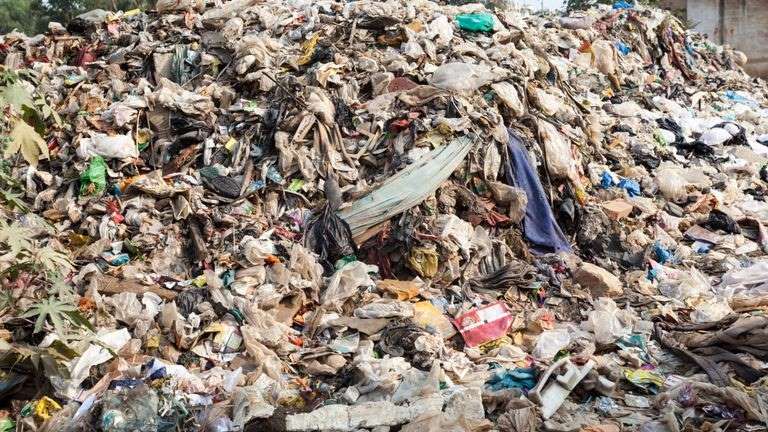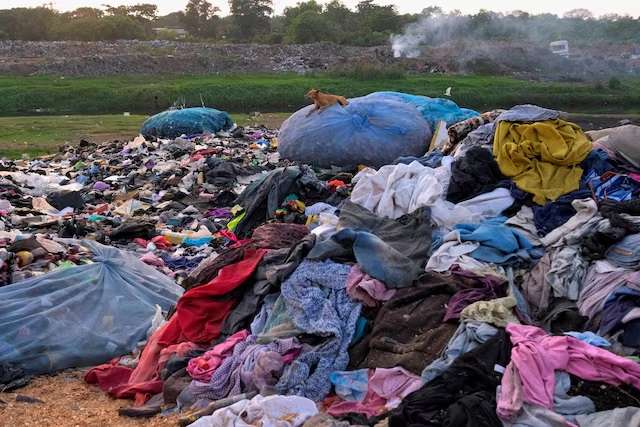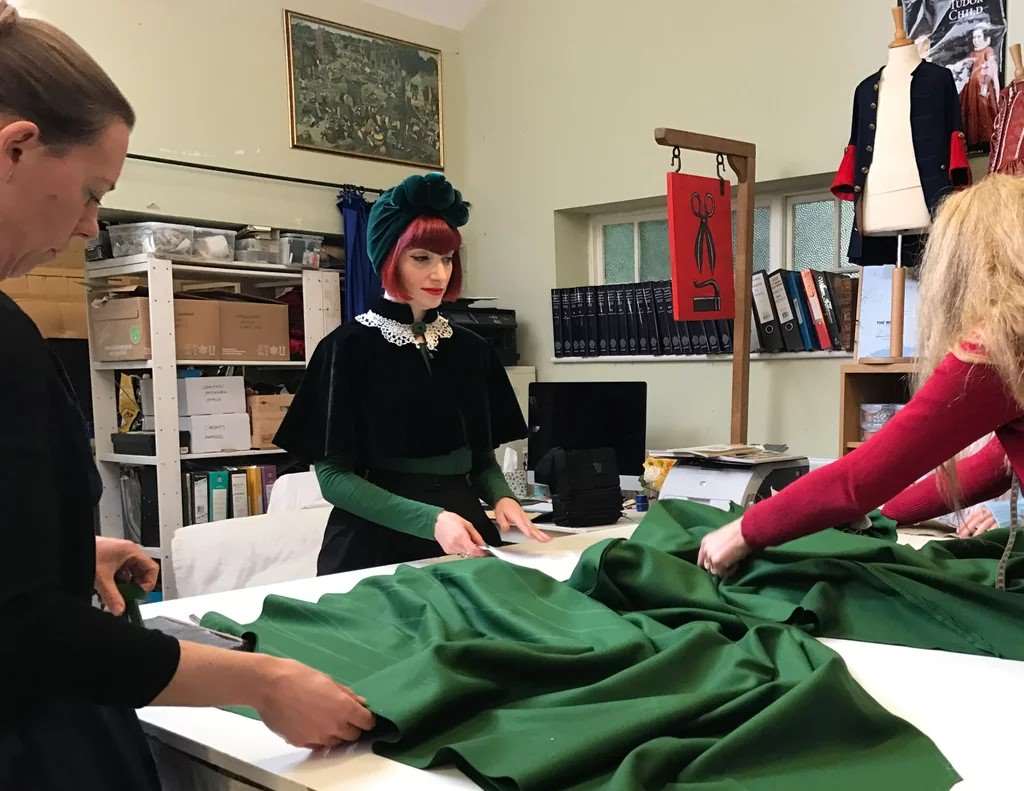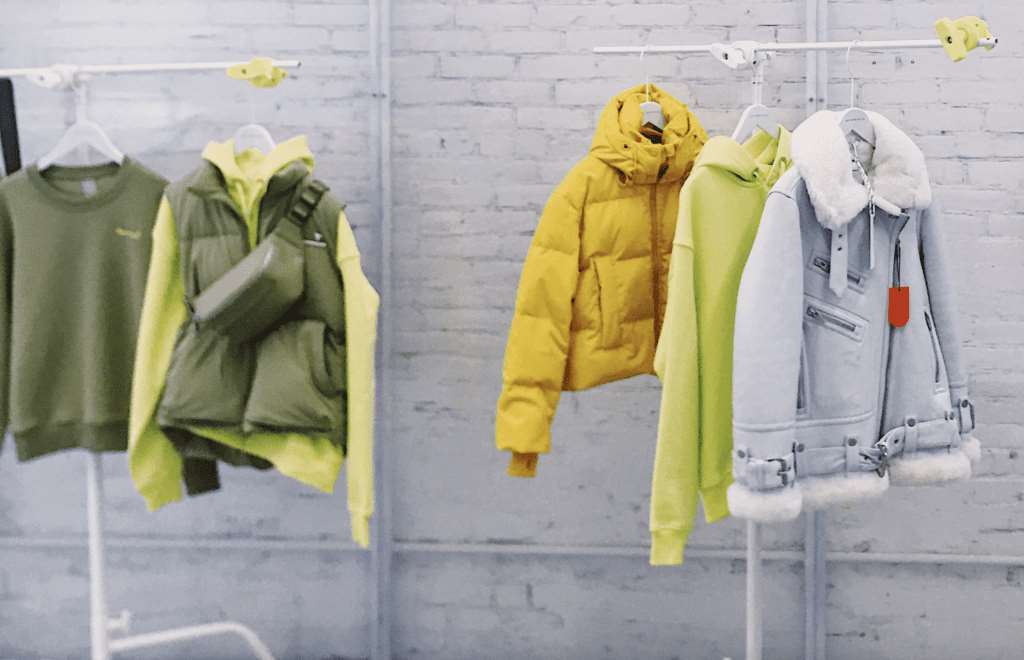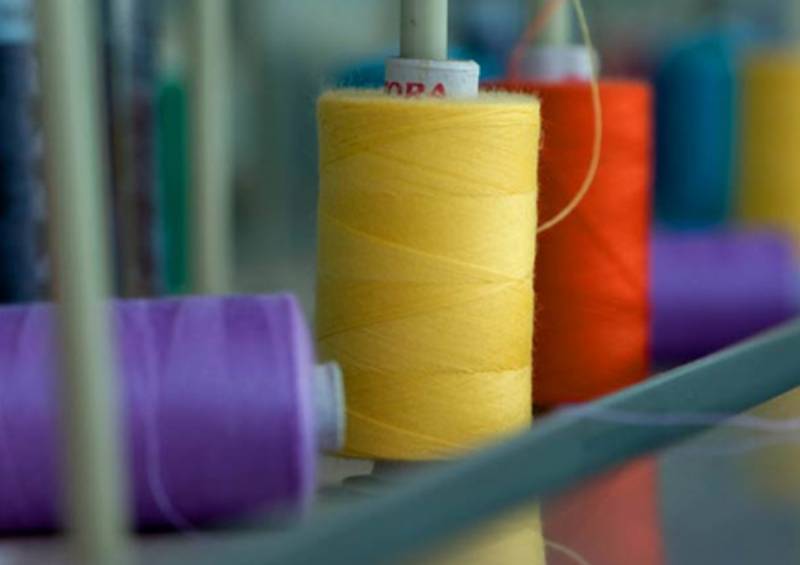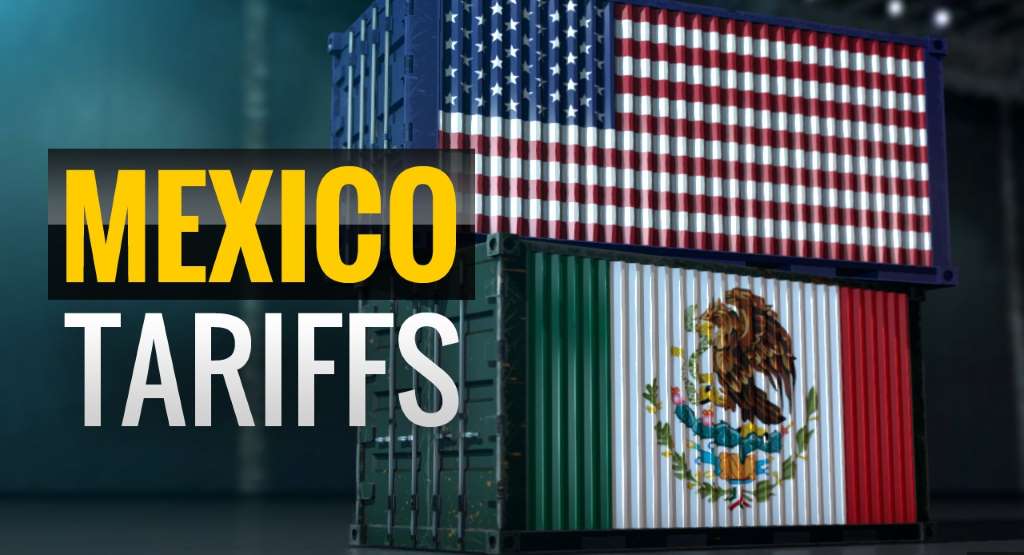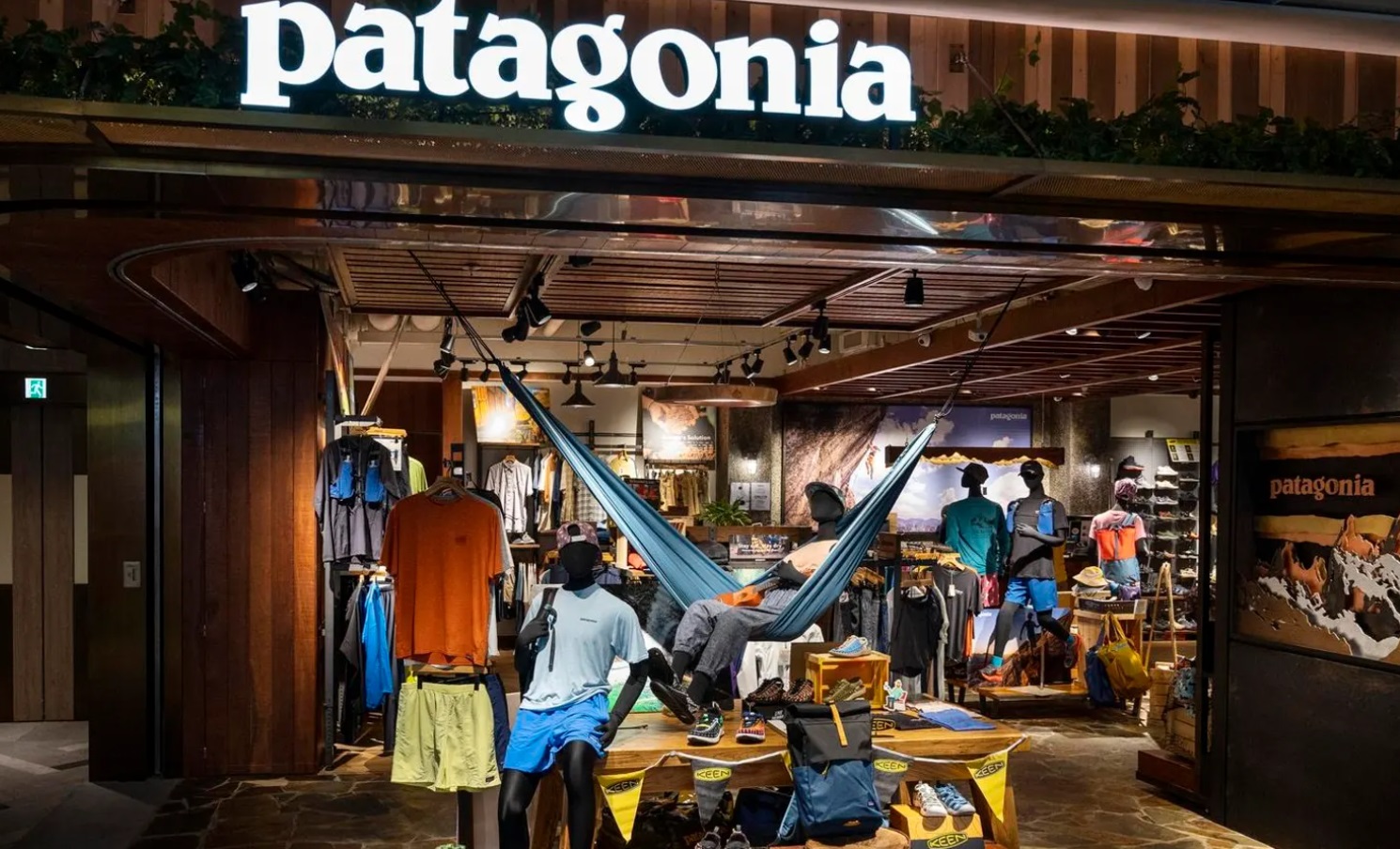FW
German manufacturer of worsted yarns for flat and circular knitting sectors, Schwaig-Südwolle Group is set to acquire 100 per cent of Safil and 80 per cent of GTI, the two Italian yarn spinning operations controlled by the Savio family.
Südwolle will acquire Finsavio spa, which owns 100 per cent of Safil and 50 per cent of GTI according to a deal. Currently, GTI controls the remaining 50 per cent. Alberto Frignani, Founder and CEO of GTI will sell most of his stake but retain a 20 per cent share and continue to lead the company as CEO. Sons of founder of Safil, Fernando Savio and owners of Finsavio spa, Alberto Savio and Caesare will continue in their roles at Safil as a part of the wider Group Südwolle.
The deal will help Südwolle in further diversifying its product portfolio, particularly in specialist luxury yarns, and increasing its presence in Europe with vastly improved access to key Italian market. GTI and Safil are both family businesses, which at present generate the majority of their turnover in Italy. Both would benefit from this deal from the global dimension of the Südwolle Group for further growth.
CEO and Managing Director of Safil, Cesare Savio believes that Group Südwolle is a perfect strategic partner for Safil that would enable their company to reach a global dimension and to have access to new types of customers and supply structures in Europe and beyond.
CEO of GTI, Alberto Frignani is convinced that with its new partners Südwolle Group, GTI will be in an excellent position to develop its own unique know-how in carded and combed spinning of natural fibres and innovation product.
Swedish cleantech company OrganoClick has signed a distribution agreement for its textile functional additives in the Taiwanese market with Pinnacle Tek. Taiwanese distributor Pinnacle Tek, has a broad network in the Taiwanese textile industry, and will sell and market OrganoClick's durable water repellent (DWR) that is used for the production of OrganoTex in Taiwan.
Eric Ying, Managing Director for Pinnacle Tek and former President of the Taiwan Textile Federation said that the interest for eco-friendly chemistry is a fast growing trend in the Taiwanese textile industry. Therefore, they were happy to work with OrganoClick who are in the forefront regarding the development of green functional chemistries for textiles.
Since last year, OrganoClick has been focusing on collaborations with local distributors in the Chinese, Taiwanese, South Korean and Japanese market. Mårten Hellberg, CEO OrganoClick said that with distribution in place in Taiwan, they would reach a large number of the textile factories that are sourced by western sport and outdoor brands. To be able to offer the textile factories an easy and quick delivery and technical support by a local partner is very important to get acceptance on the market, he added. Hellberg further stated that this association will give them a good platform to penetrate the market.
Indian apparel and knitting technology fair - Garment Technology Expo (GTE) in its 22nd year, will be held from February 26 to 29, 2015 at NSIC Exhibition Complex, Okhla, New Delhi. The platform provides opportunity for garment manufacturers and technology providers to form a dialogue, source and access latest launches and development in the apparel and knitting industry.
Exhibitors get a chance to showcase latest in garment and knitting production technologies to the visitors, while also getting an opportunity to get acquainted with the global trends to upgrade their manufacturing processes. This time, the organisers claim to have already sold about 80 per cent of the exhibition area. Sighting demand for digital textile printing machinery, this edition will have two dedicated halls for the segment.
The event is also being marketed aggressively to garner attention of companies across India. The initiatives include advertising campaigns through publications, banners as well as radio medium apart from direct e-mailers to around 60,000 companies. The show will host trade visitors including exporters and domestic manufacturers from various parts of the country and neighboring countries like Bangladesh, Nepal, Sri Lanka, Pakistan and Myanmar. The profile of the exhibitors taking part in the expo are from the companies dealing in CAD/CAM, sewing, spreading, fusing, laundry, finishing, cutting, printing, embroidery, testing equipment, knitting, dyes and chemicals, software solutions, spares parts, attachments, accessories and trims and support services.
www.garmenttechnologyexpo.com

Positive initiatives driving growth

The soon to be announced Textile Policy with an ambitious target of achieving 20 per cent share of the global textile trade is set to help the domestic industry attain a size of $650 billion by 2024-25 by focusing on investments, skill development and labour law reforms. The policy blueprint, termed the ‘Vision, Strategy and Action Plan’ for the textiles and apparel industry, lays thrust upon diversification of exports through new products and markets along with increasing value addition and promoting innovation and R&D activities.
The textile industry is expected to attract investment worth $120 billion by 2024-25 and create about 35 million additional jobs in the process. Exports are also expected to rise from the current $39 billion to $300 billion by 2024/25. The action plan notes that attracting the required investment entails ready availability of developed land with adequate infrastructure, skilled manpower and easy connectivity to ports, along with creation of new mega textile parks, lowering the cost of production and logistics, and encouraging new entrants through start-ups as well as FDI.
Along with the growth of the textile industry, the textile machinery segment too is expected to double to Rs 45,000 crores in the next seven years from the present Rs 22,000 crores on the back of implementation of the new projects and increased focus on setting up textile parks.
Textile companies positive about growth
Overall optimism supported by these announcements has led to many Indian textile companies planning their investments for future capacity expansion. For instance, companies like Trident, Welspun, Nandan Denim, KPR Mills, RSWM, Indo Count, Sutlej, Arvind, Raymonds, Himatsingka, Nitin Spinners and Mafatlals have announced significant investments in areas like home textiles, denim and garmenting.
Experts point out that the Indian textile industry going through a consolidation phase, now has 30 companies with a turnover of more than $200 million, and many of them are registering double-digit growth. There are another 100 companies which are seen as star performers of the future.
Industry players have realised that innovation is a key to growth and for that they must invest in R&D. Industry experts say that the companies have been trying to create unique products after the abolishment of the global textile quotas in 2005. The government’s technology upgradation fund scheme (TUFS) has further helped them focus on installing new technology.
Texmin.nic.in
There is an ongoing debate in the United States on how the Trans Pacific Partnership can benefit the country. Manufacturing workers and unions think another free trade deal will inevitably hurt them. The last half-century of globalisation, they feel, has coincided with a massive loss of blue-collar jobs.
Big business is mostly in favor of the deal, although not universally so. Tobacco companies are unhappy that it deprives them of the right to sue countries that restrict trade by limiting cigarette sales. Pharmaceutical companies complain that they aren’t getting enough protection for their patents.
Hollywood, Silicon Valley and agribusiness mostly like the deal, which protects entertainment copyrights, eases the flow of data across borders and opens doors for US exports of meat and rice to Asia.
However the TPP isn’t only about trade. It’s also about economic reform, higher labor standards and environmental protection in developing countries such as Vietnam and Malaysia. And it's a way to knit countries on the Pacific Rim into a trading system that the United States helped design instead of one run by China.
However, there is a growing conviction TPP will not create jobs, protect the environment or ensure safe imports. Rather it appears modeled after the North American Free Trade Agreement, where the largest global corporations benefit and working families are left behind.
Zambia has had a significant increase in cotton production in the 2014-15 agricultural season. Seed cotton production rose from 95,000 metric tons in the 2013-14 farming season to 1,15,000 metric tons in the 2014-15 season.
The increase in cotton production is attributed to continued private sector-led input and market service delivery by ginning companies. Ginning companies spent in excess of $16 million in input provision to cotton farmers and were able to recover an average of 80 per cent input loans at marketing from the farmers.
The improved rate of input loan recovery from an average of 65 per cent in the previous season to 80 per cent was due to both adherence to the code of conduct that the ginners had signed prior to commencement of the 2014-15 marketing season and the strict monitoring and implementation of the cotton act by the cotton board of Zambia.
Farmers sold cotton only to ginners that pre-financed them with inputs. Apart from promoting cotton production, most ginning companies have extended their production and marketing support to maize and soya beans in an effort to improve not only cash earning crops among small-holder farmers, but also to enhance food security.
Spanish company Jeanologia’s has set up a jeans finishing plant that guarantees zero contamination. This plant is a first in the industry. Jeanologia is a global participant in sustainable and efficient technologies for the textile finishing industry.
Laser, G2, and eFlow technologies combine to allow the company to reduce water consumption by 90 per cent, the use of chemicals by 90 per cent and energy consumption by 50 per cent. The facility will recycle 100 per cent of the water used, eliminating waste and also the use of pumice stone.
The company sells its products in 45 countries and counts many major retail brands among its customers. Denim jeans washing is one of the most environment polluting activity in the apparel industry. There is a feeling that by 2020, 80 per cent of global denim production will be generated by zero discharge centers. Automation, sustainability and the intelligent recycling of water will help make the textile industry a model of transparency, innovation, and sustainable practices.
Jeanologia is dedicated to providing eco friendly finishing solutions for garments – especially denim. Its mission has been to enhance industrial garment finishing through technology and knowhow. The G2 waterless washing machine washes denim jeans with about 60 per cent less water and almost no chemicals.
www.jeanologia.com/
Ethiopia is set to generate $2.3 billion revenue from the export of textile products in GTP II period. Raising competitiveness of textile companies through capacity utilisation, encouraging local and foreign investments, and expansion of industrial parks, would draw this ambitious amount of revenue, believes the country’s government.
In the GTP I period, the textile sector of Ethiopia has $455 million and still, the plan was to acquire $1 million. For this period, 60 percent was contributed by Ayka Addis Textile and Investment Group. In this period, it registered $272.2 million export revenue.
Bahir Dar Textile S C, Bay Kebire Enterprise, Kombolcha Textile S.C., MNS Manufacturing PLC, Adama Spinning Factory, Selendawa Textile S.C., and Elsie Addis Industrial Development PLC had contributed 20 percent share to the export in GTP I.
Ethiopia’s central location, an abundance of inexpensive labour, access to state-of-the-art container port, it’s quality and productivity, good climate and soil conditions, cheap hydro-energy, duty-free access to the European Union (EU) and US markets through the African Growth and Opportunity Act (AGOA), and more than 65 textile investment projects from international investors, among other factors are very strong reasons for Ethiopia to have good export of its textile products.
The Accord on Fire and Building Safety in Bangladesh has decided to part business relations with Sadaf Fashions, a Chittagong-based manufacturer of readymade garment since it has refused to implement workplace safety measures.
Earlier, Accord had stopped business relations with two other factories - Mega Chois Knitwear and Florence Fashions since they too had refused to adhere to the process of temporarily evacuation of factories. On November 4, 2015, the retailer’s platform in a statement said despite numerous efforts by the Accord staff and its signatories, the factory owner continued to refuse to cooperate in the resolution of health and safety issues at the factory. The owner also refused to comply with an order to evacuate the factory until all structural defects are assessed and repaired, it added.
On April 19, 2015 last year, the platform for EU retailers inspected Sadaf Fashions and found a series of defects which prompted the organisation to convene a review panel that imposed on the factory a set of immediate corrective actions. An Accord follow-up inspection found that the requirements to reduce load, remove a wall, empty an area of all load and dismantle a cantilever slab were not followed. Also requirement to carry out a Detailed Engineering Assessment (DEA) as well as requirements related to fire exit and other fire safety measures were not met.
Bangladeshaccord.org
Taipei In Style (TIS) will commence at the cultural park in downtown Taipei from November 12, 2015 showcasing latest fashion from Taiwan and international destinations. The four-day event to run till November 15, 2015 at Songshan Cultural and Creative Park will feature products belonging to various categories such as apparel, lifestyle and fashion.
During a press event organised on November 6, 2014 to promote the upcoming show, model Silvia Wang flaunted 14 sets of clothing in succession designed by Taiwanese designers and their foreign counterparts, on the runway. The four-day show will have 197 booths of 150 fashion design companies around the globe. A total of 15 fashion shows will also be staged during the span of the show.
Five seminars by experts from France and the Netherlands, will also be held where Taiwanese experts and their foreign counterparts will be able to exchange views on the fashion industry-related issues. First held in 2006, the TIS is sponsored by the Bureau of Foreign Trade under the Ministry of Economic Affairs and is organised by the Taiwan Textile Federation. Over the years, TIS has successfully paved the way for numerous Taiwanese and foreign designers, brands and companies on the international stage. Since 2014, the show has been staged twice a year, once in spring and another in fall.
www.taipeiinstyle.com

